The Los Angeles-class attack submarine USS Albany (SSN 753) arrived in Faslane, Scotland for a scheduled port visit, April 17, 2024.
The U.S. Navy say that this port visit to Faslane “reinforces the United States’ commitment to our Allies and partners in the region and gives Albany and her crew the opportunity to enjoy the history and culture of the region”.
The U.S. and UK regularly work alongside each other through exercises and operations in support of Allied and partner interests.
“Fast-attack submarines are multi-mission platforms enabling five of the six Navy maritime strategy core capabilities – sea control, power projection, forward presence, maritime security and deterrence. They are designed to excel in anti-submarine warfare, anti-ship warfare, strike warfare, special operations, intelligence, surveillance and reconnaissance, irregular warfare and mine warfare. Fast-attack submarines project power ashore with special operations forces and Tomahawk cruise missiles in the prevention or preparation of regional crises.”
Albany was commissioned in 1990 and is one of 62 completed submarines of the Los Angeles-class. The Los Angeles class contains more nuclear submarines than any other class in the world. The class was preceded by the Sturgeon class and followed by the Seawolf. Except for USS Hyman G. Rickover (SSN 709), all submarines of this class are named after American cities and a few towns (e.g. Key West, Florida, and Greeneville, Tennessee).
Commander, Task Force 69 is responsible for submarine warfare operations in the U.S. European Command and U.S. African Command areas of responsibility.
For over 80 years, U.S. Naval Forces Europe-U.S. Naval Forces Africa (NAVEUR-NAVAF) has forged strategic relationships with allies and partners, leveraging a foundation of shared values to preserve security and stability.
Headquartered in Naples, Italy, NAVEUR-NAVAF operates U.S. naval forces in the U.S. European Command (USEUCOM) and U.S. Africa Command (USAFRICOM) areas of responsibility. U.S. Sixth Fleet is permanently assigned to NAVEUR-NAVAF, and employs maritime forces through the full spectrum of joint and naval operations.


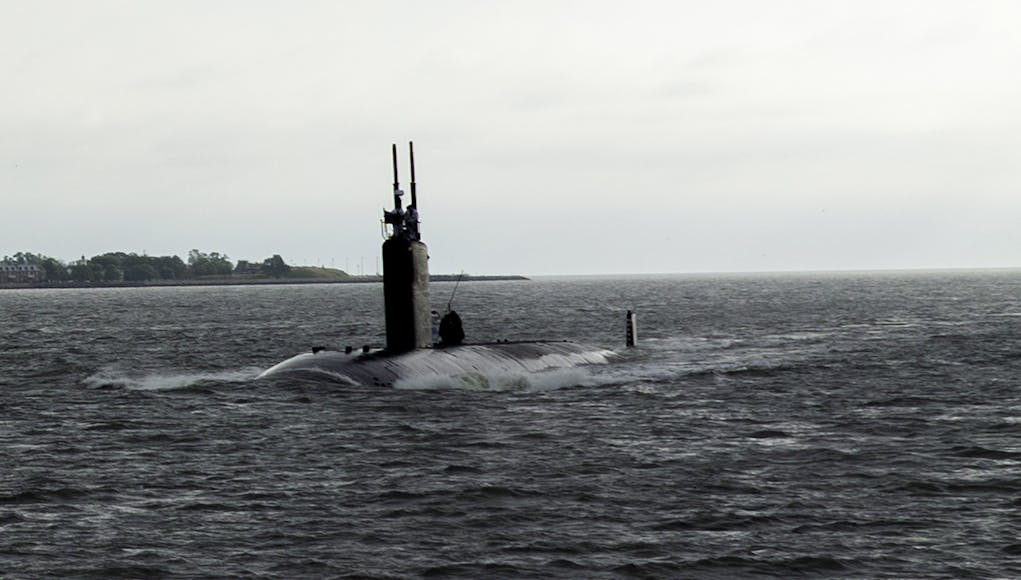
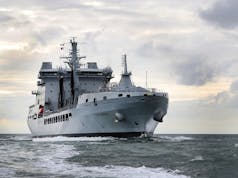
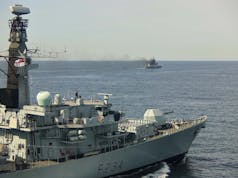
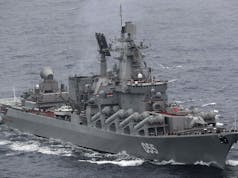
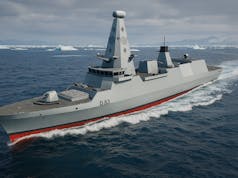

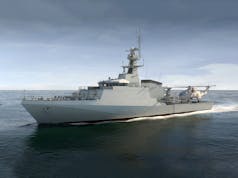

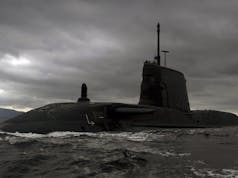
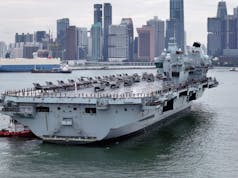
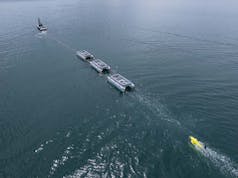

You write your dates like an American. Other than that it was an interesting article, thanks.
60 , it’s puts our 7 into perspective a bit
Yes, but they’re a super power, we are no longer so.
Our 7 put others total lack of SSN into perspective too, few nations have the knowhow or ability to operate them.
I wonder if any of them are in the Black Sea right now, and if so, how they get in and out?
Absolutely no chance.
Prohibited I believe.
Yes, obviously prohibited and yes, obviously incredibly difficult and risky. But is it possible?
If there was any strategic value to it perhaps it could be done, but I can’t think of one offhand.